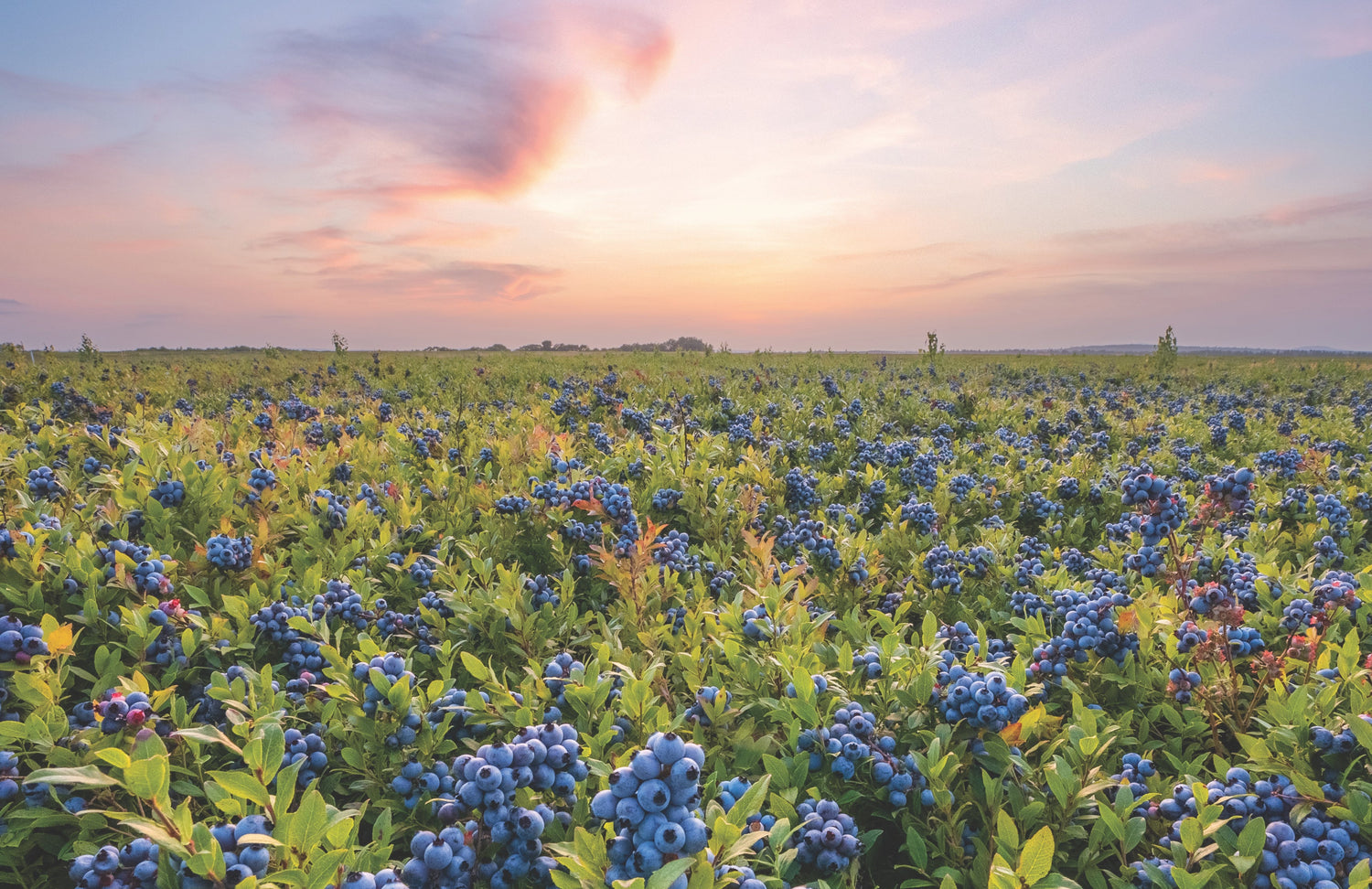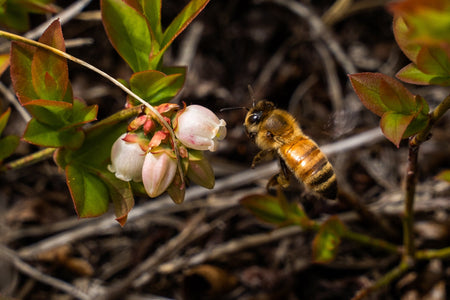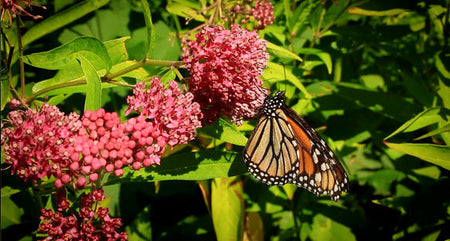Preserving Our Resources
For over 150 years the Wyman family has made the preservation of our lands, and all who call it home, a foundational mission. From protecting vital pollinators to enhancing and fortifying our soil, water and air – we live these values every single day. And we always will.
Did You Know?
Wild blueberries are a ‘no till’ crop. No Till farming is an agricultural technique for growing crops or pastures without causing them harm. Through this method, we are eliminating the largest cause of soil erosion in our industry.

Working Lands
The wild blueberry barrens stretch as far as the eye can see. The American Pine Marten and the Snowy Owl patrol our skies. The majestic Moose and Black Bear roam our forests and streams, and the Atlantic Salmon and Upland Sandpiper are thriving in our many waterways. The thousands of acres we call home are shared by some of earth’s most incredible creatures, and the stewardship of our lands is just as much about protecting them, as it is about the wild berries and native pollinators who make it all possible.
Our Partners
To help grow a love and understanding of our complex ecosystem within the field of science, we have partnered with New England’s top research universities.
As part of the work we’ve done with University partners in understanding our opportunity to produce more clean energy, we are installing a ground-mounted solar array on 35 acres of non-productive wild blueberry land that is projected to be operational by the end of 2024 and generate 8.5 million kwh of clean energy in the first year.
-
No Bees, No Berries
There’s a common saying up here in wild blueberry country: ‘no bees, no berries’. That’s because one third of the planet's produce, and one hundred percent of our wild blueberries, owe their very existence to the efforts of bees and other pollinators. So to better serve the over 200 species of wild bees and pollinators in our care, and the thousands of honeybee hives and bumblebee quads from our partner beekeepers who work our land, we stand as industry leaders in their preservation and vitalization each year. To learn more about the bees, and what we’re doing to help, click the links below.
-
Pollinator Research at Penn State University
Wyman’s helped to fund the creation of this center and remains actively involved today on the Advisory Committee.








